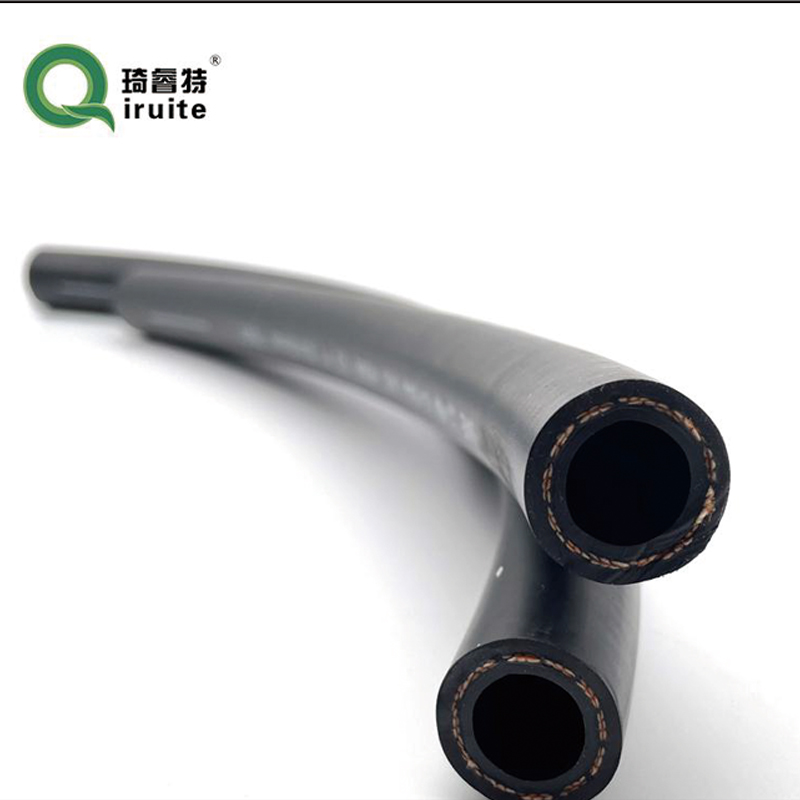flanged pipe coupling
Understanding Flanged Pipe Couplings A Comprehensive Overview
Flanged pipe couplings are an essential component in plumbing and piping systems. They serve as a reliable means of connecting two sections of pipe, aiding in the maintenance of pressure and ensuring fluid integrity within various industrial, commercial, and residential applications. This article aims to delve into the various aspects of flanged pipe couplings, their types, uses, benefits, and installation processes.
What is a Flanged Pipe Coupling?
A flanged pipe coupling is designed with protruding edges (flanges) that allow two pipes to be fastened together. These flanges are typically bolted, providing a rigid connection that can withstand high-pressure environments. The material used for flanged couplings varies widely, including steel, brass, plastic, and ductile iron, each suited to specific applications based on factors like temperature, pressure, and medium being transported.
Types of Flanged Pipe Couplings
Flanged pipe couplings come in several types, each designed for specific applications
1. Raised Face Flanges The most common type in industrial settings, raised face flanges feature a slight protrusion that enhances the gasket's seal, reducing the risk of leakage.
2. Flat Face Flanges These are generally used in low-pressure applications where a flat surface is crucial for sealing between flanges.
3. Full Face Flanges Full face flanges have a larger gasket area, making them ideal for larger diameter pipes where the risk of leaks is greater.
4. Lap Joint Flanges This type is ideal for applications requiring frequent dismantling. They are mounted on a stub end which allows the flange to rotate freely.
5. Blind Flanges Used to seal the end of a piping system, blind flanges do not have a hole for a pipe to pass through and are essential for maintenance tasks.
Applications of Flanged Pipe Couplings
Flanged pipe couplings find extensive use in various industries, including
- Oil and Gas Their ability to maintain pressure makes them pivotal in transporting crude oil and natural gas. - Waterworks Municipal water supply systems often utilize flanged couplings to ensure a secure connection that can handle varying pressures. - Chemical Processing Resistance to corrosive chemicals adds to their utility in chemical plants where safety and integrity are paramount. - HVAC Systems In heating, ventilation, and air conditioning systems, flanged couplings help connect ducts and piping.
flanged pipe coupling

Benefits of Using Flanged Pipe Couplings
The use of flanged pipe couplings offers numerous advantages
1. Ease of Installation They allow for quick assembly and disassembly, minimizing labor costs and downtime during maintenance.
2. High Pressure and Temperature Resistance Flanged couplings can handle high-pressure conditions, making them suitable for a wide range of applications.
3. Secure Connections The bolted design ensures that the joint remains tight and leak-free under various operational conditions.
4. Versatility Available in numerous sizes and materials, they can be customized to meet specific needs.
5. Durability With their robust construction, flanged couplings have a long lifespan, requiring minimal replacement and maintenance.
Installation Process
Installing flanged pipe couplings involves several steps
1. Preparation of Pipe Ends Ensure that the pipe ends are clean and free from debris to facilitate a proper seal. 2. Alignment Position the flanged ends parallel to each other, avoiding misalignment that could lead to leaks.
3. Gasket Placement Insert a gasket between the flanges to create a tighter seal.
4. Bolting Tighten the bolts in a crisscross pattern to distribute pressure evenly, avoiding any distortion to the flange surfaces.
5. Testing After installation, conduct a pressure test to ensure that the connection is leak-free.
In summary, flanged pipe couplings play a vital role in various piping systems, offering secure, durable, and versatile solutions for a multitude of industries. Understanding their types, applications, and installation processes can help in making informed decisions regarding piping solutions.
-
Ultimate Spiral Protection for Hoses & CablesNewsJun.26,2025
-
The Ultimate Quick-Connect Solutions for Every NeedNewsJun.26,2025
-
SAE J1401 Brake Hose: Reliable Choice for Safe BrakingNewsJun.26,2025
-
Reliable J2064 A/C Hoses for Real-World Cooling NeedsNewsJun.26,2025
-
Heavy-Duty Sewer Jetting Hoses Built to LastNewsJun.26,2025
-
Fix Power Steering Tube Leaks Fast – Durable & Affordable SolutionNewsJun.26,2025

